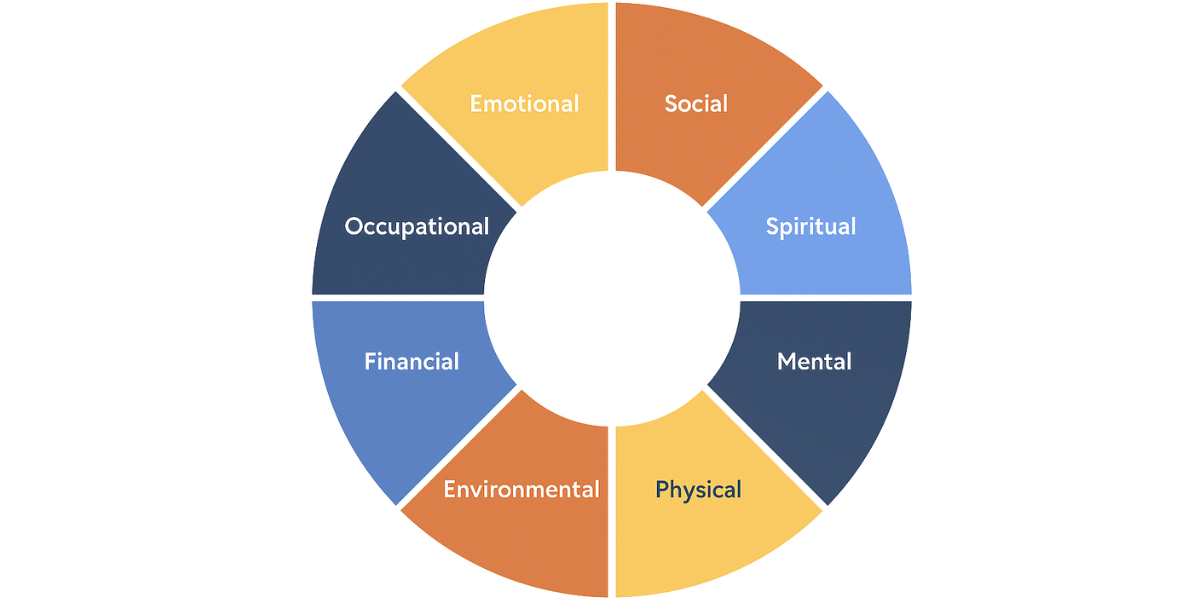Ketamine Treatment Near Me: Is This Breakthrough Option Right for...
Continue Reading
If you’ve been searching for “ketamine treatment near me,” you’re not alone. Traditional antidepressants can take weeks to work, if they work at all, and many people dealing with treatment-resistant depression, bipolar disorder, or Anxiety Disorders are looking for a faster, more effective solution. That’s where ketamine comes in.
Ketamine, originally developed as an FDA-approved anesthetic, has emerged as one of the most promising innovations in mental health treatment. Whether you’re struggling with suicidal ideation, chronic pain syndromes, or persistent mood disorders, ketamine may offer the rapid relief and hope that conventional medications haven’t delivered.
Unlike SSRIs and SNRIs that target serotonin, ketamine works on the glutamate system, a neurotransmitter that plays a vital role in mood, cognition, and neuroplasticity. This shift allows ketamine to stimulate new neural connections, giving the brain a chance to “rewire” itself, often within hours of a single session. Many individuals experience improvement in depressive symptoms and even suicidal thoughts shortly after beginning ketamine infusion therapy.
While talk therapy and medications remain essential tools in treating mental illness, ketamine stands apart for its speed and its efficacy in treatment-resistant conditions. It’s also being explored for a range of disorders, including:
For individuals facing major depression, anxiety symptoms, or complex mental health conditions, ketamine can be life-changing, especially when traditional depression treatment has failed.
Choosing the right Ketamine Clinic is critical. Look for a clinical setting with trained healthcare professionals, access to ketamine-assisted psychotherapy, and a clear treatment protocol that’s customized to your individual needs. Whether you’re considering nasal spray ketamine or ketamine infusion treatment, ensure that the facility reviews your medical history and provides a safe, supportive environment with continuous monitoring.
Many clinics now also offer Free Consultations, making it easier for you to explore whether ketamine is a good fit without financial pressure. Some services may even be covered by insurance, so check with your insurance provider to learn about your options.

If you’re suffering from resistant depression, bipolar depression, or chronic pain, and have tried multiple therapies with little relief, ketamine could be a valuable next step. With proper evaluation and support from a skilled healthcare provider, this cutting-edge treatment can restore your quality of life and enhance your overall well-being.
For individuals who do not respond to ketamine or are looking for complementary options, other innovative therapies are available. Treatments like Transcranial Magnetic Stimulation (TMS) and electroconvulsive therapy have shown effectiveness for certain severe mental health conditions, especially in cases of major depression or complex trauma. At the same time, integrating services like Medication Management, talk therapy, and compassionate care from experienced mental health professionals can enhance outcomes for those with long-term mental illness or treatment-resistant conditions.
If you’re wondering whether ketamine treatment near me is worth exploring, the answer may be yes, especially if you’ve tried everything else. With a growing body of research, a strong safety profile, and the potential for immediate benefits, ketamine represents a new frontier in mental health care. Reach out to a local ketamine therapy clinic for a Free Consultation, and take the first step toward feeling like yourself again.
Ketamine Treatment Near Me: Is This Breakthrough Option Right for...
Continue ReadingIs Ketamine Therapy Near Me the Future of Mental Health...
Continue ReadingKetamine Treatment for Depression: Fast-Acting Relief & Expert Care For...
Continue ReadingStudies show that up to 70% of patients with treatment-resistant depression experience significant symptom relief after a series of ketamine sessions. While results vary, many patients report meaningful changes in mood and functionality.
Depending on the clinic, you may be eligible for ketamine infusion therapy, ketamine-assisted psychotherapy, or nasal spray ketamine. All are administered in a safe clinical setting under medical supervision.
Yes. In addition to psychiatric conditions, ketamine is increasingly used for pain management, especially in individuals with chronic pain syndromes and Complex Regional Pain Syndrome. It can reduce both the emotional and physical burden of long-term pain.
Ketamine therapy is currently approved for adults. However, some Child & Adolescent Psychiatry programs are researching its safety and efficacy in younger populations. Always consult a qualified provider for guidance.
Many ketamine services, especially those tied to diagnosed mental health disorders like Major Depressive Disorder or bipolar disorder, may be covered by insurance. It’s best to contact your insurance provider directly or ask the clinic to assist with verification.
A licensed healthcare provider plays a crucial role in ensuring your safety, reviewing your medical history, and crafting a personalized treatment plan tailored to your individual needs. They help monitor outcomes, manage side effects, and coordinate care with other mental health professionals as needed.
Yes. Many patients benefit from combining ketamine therapy with traditional treatments like talk therapy, antidepressant medications, and Medication Management. This integrative approach improves long-term outcomes, especially in cases involving complex mental health disorders.
In a clinical setting, ketamine is used for both psychiatric and pain-related conditions. Clinics offering ketamine therapy follow strict treatment protocols and monitor vital signs like heart rate during each session to ensure maximum safety and effectiveness.
Success rates for ketamine therapy vary by condition, but many patients experience rapid improvement in depressive symptoms, anxiety, and suicidal ideation. Treatment protocols typically involve a series of initial sessions followed by maintenance infusions. Your response to treatment is closely monitored by experienced ketamine providers.
Disclaimer: The medical information on this site is provided as an information resource only, and is not to be used or relied on for any diagnostic or treatment purposes. This information is not intended to be patient education, does not create any patient-physician relationship, and should not be used as a substitute for professional diagnosis and treatment. Always consult your healthcare provider before making any healthcare decisions or for guidance about a specific medical condition.